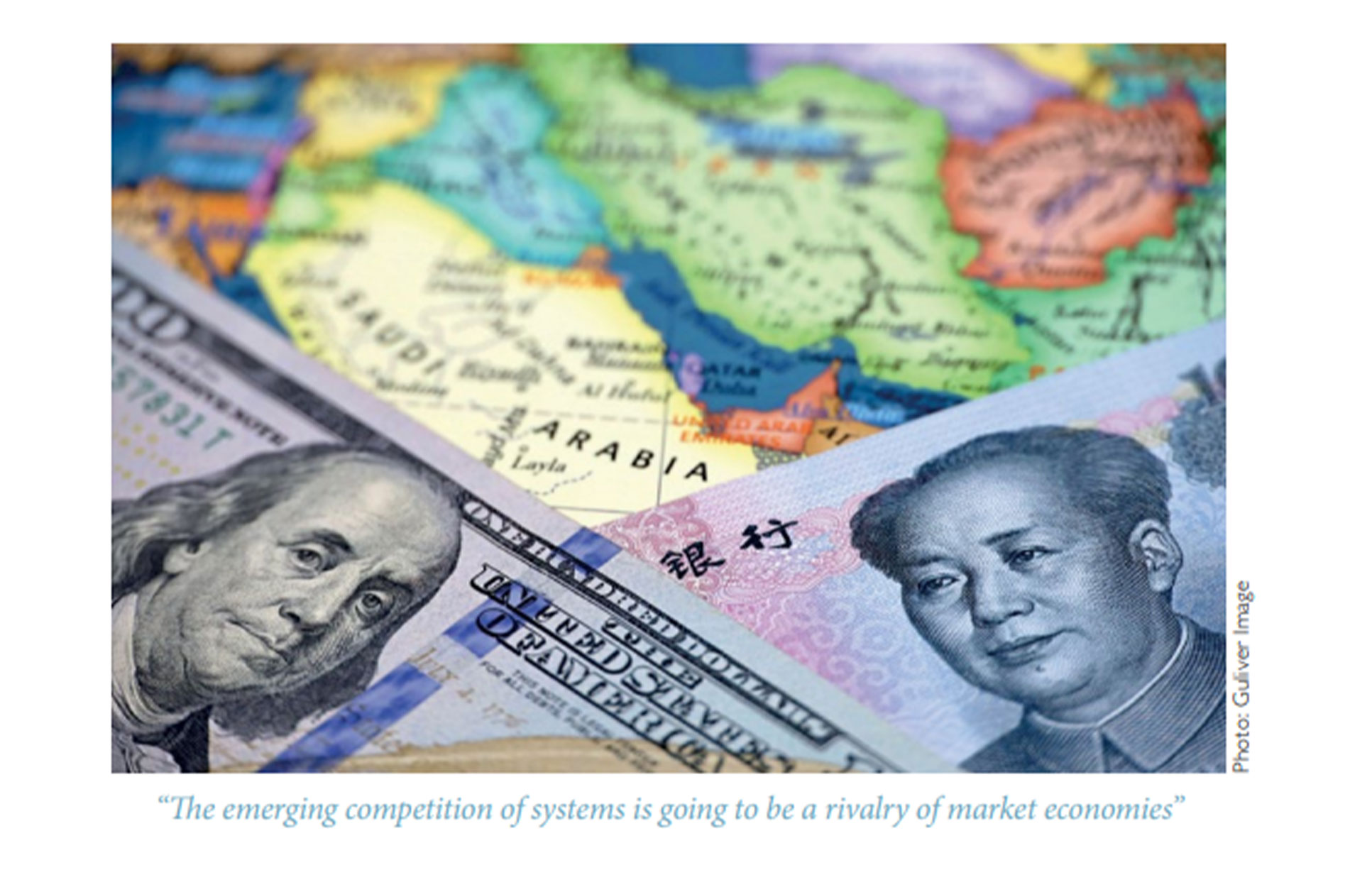 Alexander Libman is a Professor of Russian and East European Politics at the Free University of Berlin, having previously held the position of Professor of Social Sciences and East European Studies at the Ludwig Maximilian University of Munich.
Alexander Libman is a Professor of Russian and East European Politics at the Free University of Berlin, having previously held the position of Professor of Social Sciences and East European Studies at the Ludwig Maximilian University of Munich.
The ripples created by the war in Ukraine go far beyond Eastern Europe. Now, six months after the Russian invasion started, one can see fundamental changes occur in the basic structure of the global economy. Many of these changes follow the trends that had already started before the war, but the war—and the subsequent broad array of economic sanctions against one of the world’s largest economies—seems to have accelerated the passage of time, leading to much faster changes than one could have expected in January 2022. The idea of a new competition of systems pre-dates the war: since the mid-2010s, many observers believed that the future of the world economy will be determined by the competition between the United States and China. The war, however, has heavily influenced the outlook of the emerging competition and facilitated the transition of the global economy towards a state of open rivalry between the authoritarian powers and the West.

The World Before
Thirty years ago, the end of the Cold War left many analysts mesmerized by the promises of globalization. During that period, globalization was seen as much more than a simple opening of national economies and speedy growth of trade and investment. For many, it marked the end of the nation state as a key actor in the world order. New, non-governmental actors (including multinational corporations, global banks, or global cities) were set to determine the rules of the game in the long run. The states had to adapt to this new reality by increasing their attractiveness for mobile capital. This was a challenge for democracies, with voters becoming powerless—regardless of their preferences, global competition forced their governments to constantly stive to improve the investment climate for transnational business. Yet the challenge for autocracies was much bigger. With their corrupt bureaucracies and unpredictable politicians, authoritarian states hardly had any chance of success in this highly competitive world with corporations voting with their feet in search for best locations for investment. The only alternative for these states was to introduce some version of the rule of law. China was probably the most successful example of this attempt at adaptation, turning itself into a magnet for foreign direct investments due to cheap labor and relatively stable business environment. Traditional authoritarian regimes with closed borders and omnipresent governmental control, however, were clearly among the losers of globalization.







